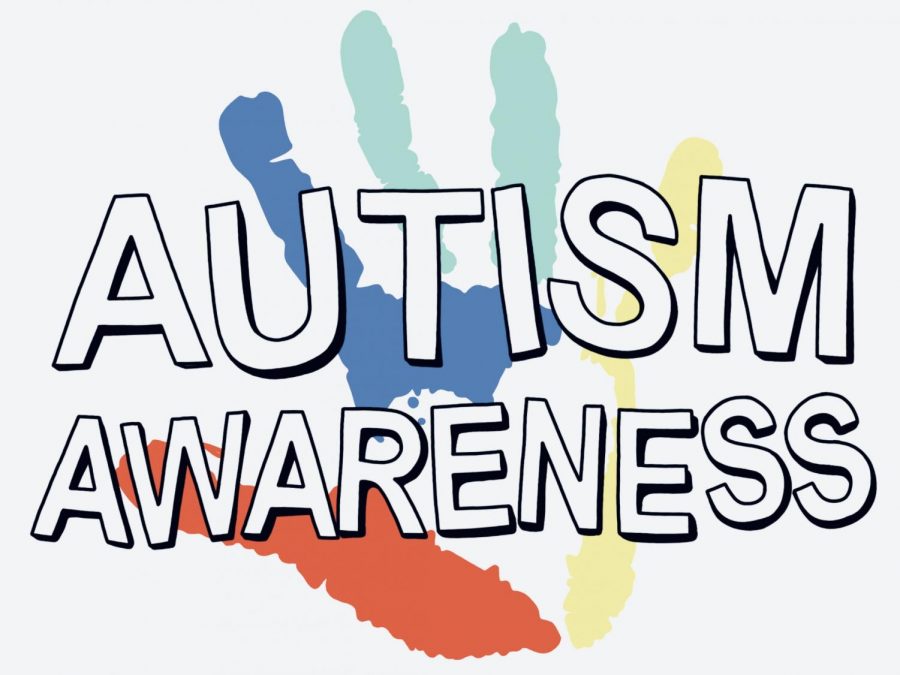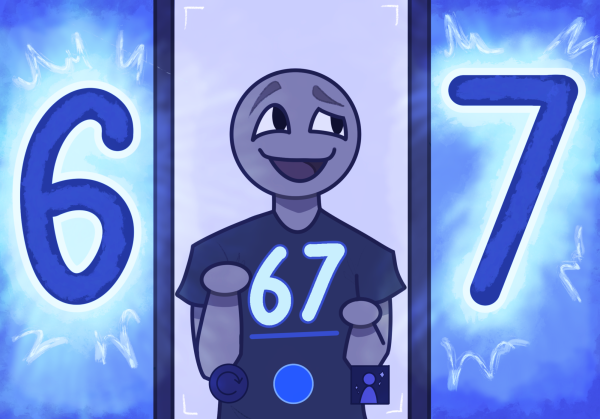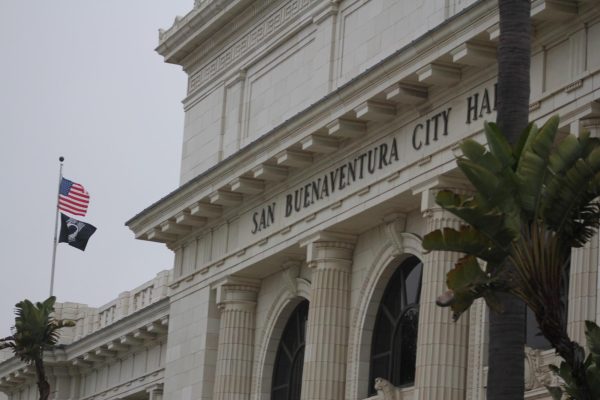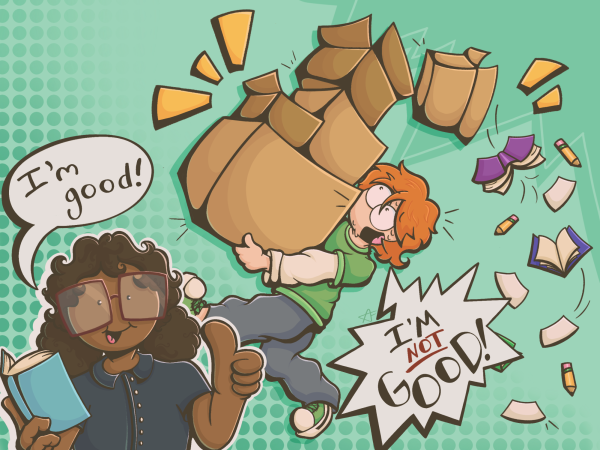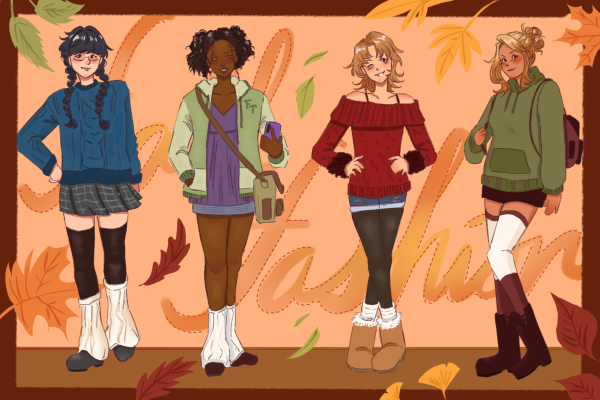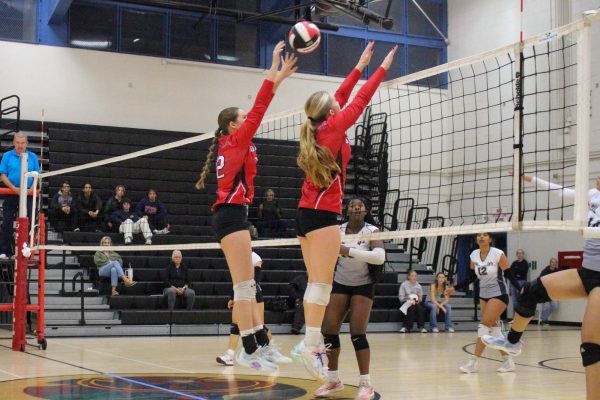OPINION: What you should know about Autism “Awareness” Month
While the month of April is commonly associated with spring activities and celebrations, it also calls for autism awareness, making it a month dedicated to changing the minds of society not to seek a cure, but to embrace a group that has been excluded for far too long.
April 29, 2021
Not only is the month of April the time for egg hunts, pranks and religious celebrations, it’s also a month dedicated to advocacy for people with autism. When the title itself implies that autism is something to be “aware” of rather than accepted or celebrated, the topic of how it’s perceived is something many people are in need of guidance for.
Autism and neurodiversity (a neologism referring to variation in the brain) as a whole are complex facets that should be appreciated, but how to do so often is a point of confusion. Here are some dos and don’ts regarding organizations to support and ways to celebrate autism as a whole in a way that does not demean autistic people.
Do: Show support symbolically by using an infinity loop
Although the puzzle piece might be the better-known autism symbol, it’s recently been the subject of controversy as it has a long ableist history, originating from people who believed autism to be a “puzzling” condition provoking them to use the puzzle piece as the logo.
The infinity loop is multicolored and is meant to symbolize the infinite possibilities for neurodivergent people from loving literature and raving about math.

Don’t: “Light it up Blue”
If you are going to use a puzzle piece as a symbol, please don’t go along with the idea of “Light it up Blue”, a social media movement that supports curing autism. While the intentions behind the posts are normally good, there are more effective ways to support autistic people than a simple picture on social media, especially one that promotes the use of the blue puzzle piece as a symbol for autism.
The term, “Light it up Blue”, is based on the harmful stereotype that autism only affects boys, as blue is the color typically associated with them. It supports the notion that women and non-binary people can not be autistic causing them to go undiagnosed. Additionally, this was created by the organization, Autism Speaks, more on that shortly.
Do: Donate to autistic organizations like Autism Self Advocacy Network (ASAN) or local ones
There are many organizations run by autistic people to support such as the ASAN whose goal is to celebrate neurodiversity as well as uplift Autistic voices.
A good way to tell if it’s a good organization to donate to is by reviewing their goals. Do they market themselves as wanting to help autistic people or “cure” them? Do they use the puzzle piece or the infinity symbol? Additionally, see if it’s run by autistic people.
Don’t: Donate to or support Autism Speaks
Autism Speaks is widely known in the autistic community as a hate group; frequently comparing it autism to cancer among other harmful diseases, their ultimate goal is to “cure” autism. They are infamous for having popularized the puzzle piece as the symbol for autism and the aforementioned “Light it up Blue ” tradition, which does little to actually help the Autistic community, meaning your time is better spent towards other organizations like ASAN.

Do: Celebrate autism and neurodiversity
While this might seem kind of obvious, it is important to celebrate autism and neurodiversity as a whole. Autism is frequently seen as a disease, something in need of a cure. This is so far from the case as there are so many positive aspects to autism, such as being able to focus on tasks and often an increased intellect.
Don’t: View autism as something in need of a cure
Autism Speaks is only one of the many harmful organizations that seek to cure autism. An example would be fundraisers run by neurotypical people with money going to find this “cure.” It is actually offensive for neurotypical people to search for a cure as autistic people can exist and thrive in society.
Do: Embrace autistic friends and learn from them
As already stated, there are so many positive benefits to autism–increased neurodiversity allows for different lines of thought where more can be achieved. Also, due to autistic people often having experienced some sort of trauma, there is something to be learned about how to and how not to interact with autistic people.
Do not: Tokenize autistic people and befriend them out of pity
Tokenization, the practice of having one marginalized person in a sea of non-marginalized people, is a problem across most marginalized communities, such as having one person of color in a tv show, etc. This remains true within the autistic community, it is common only to befriend autistic people out of pity. All this does is imply inferiority. Instead, it’s best to turn pity into compassion and to do something that’ll actually help your autistic peers such as helping them with subjects that they’re not as comfortable in.
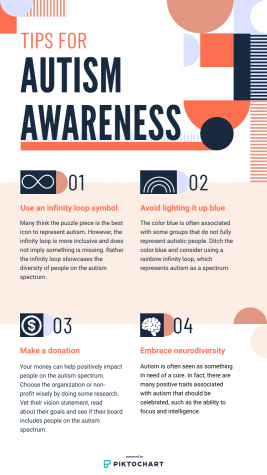
As April nears its end, it’s important to keep these above tips in mind. Neurotypical people have the power to uplift autistic voices and Autism “Awareness” Month is a great time to listen, learn from and love autistic people.


